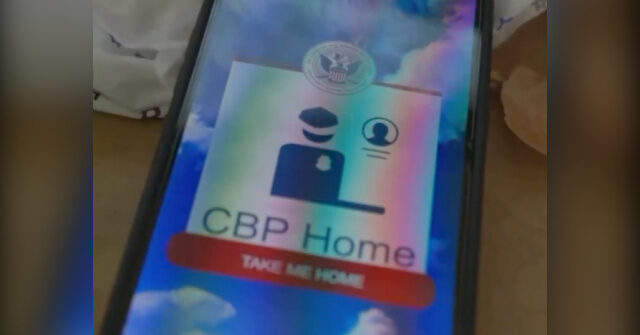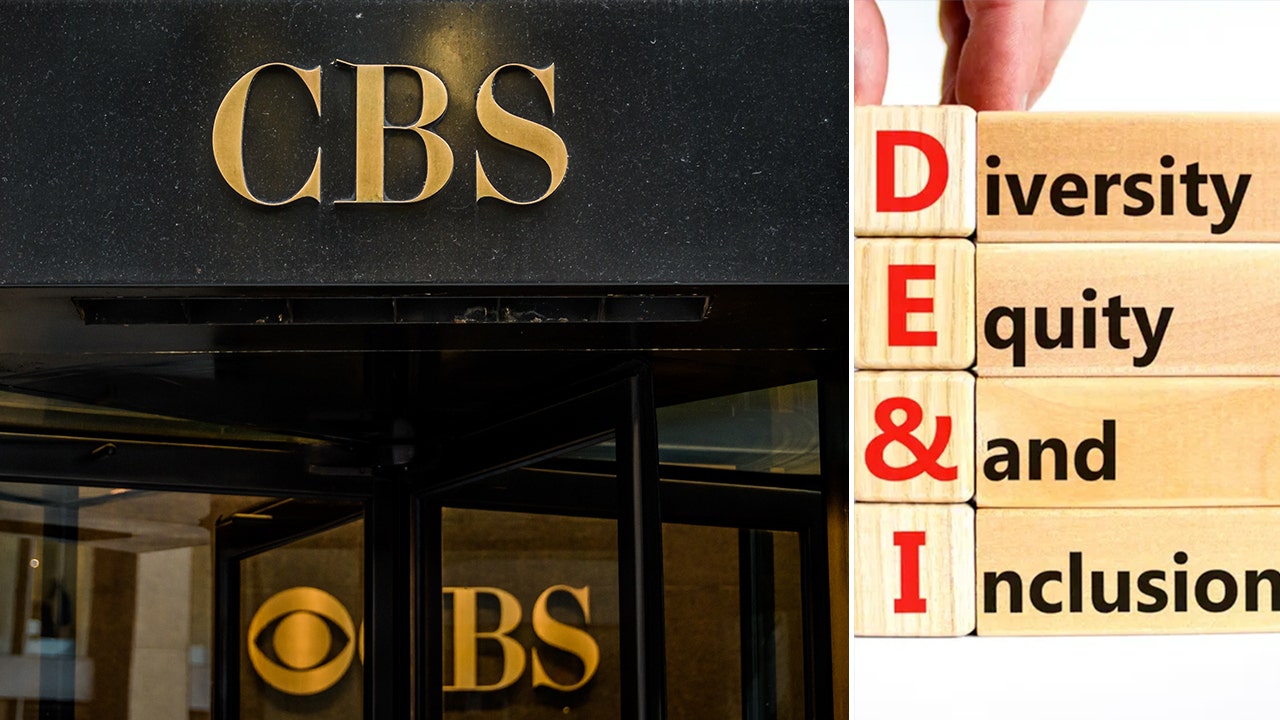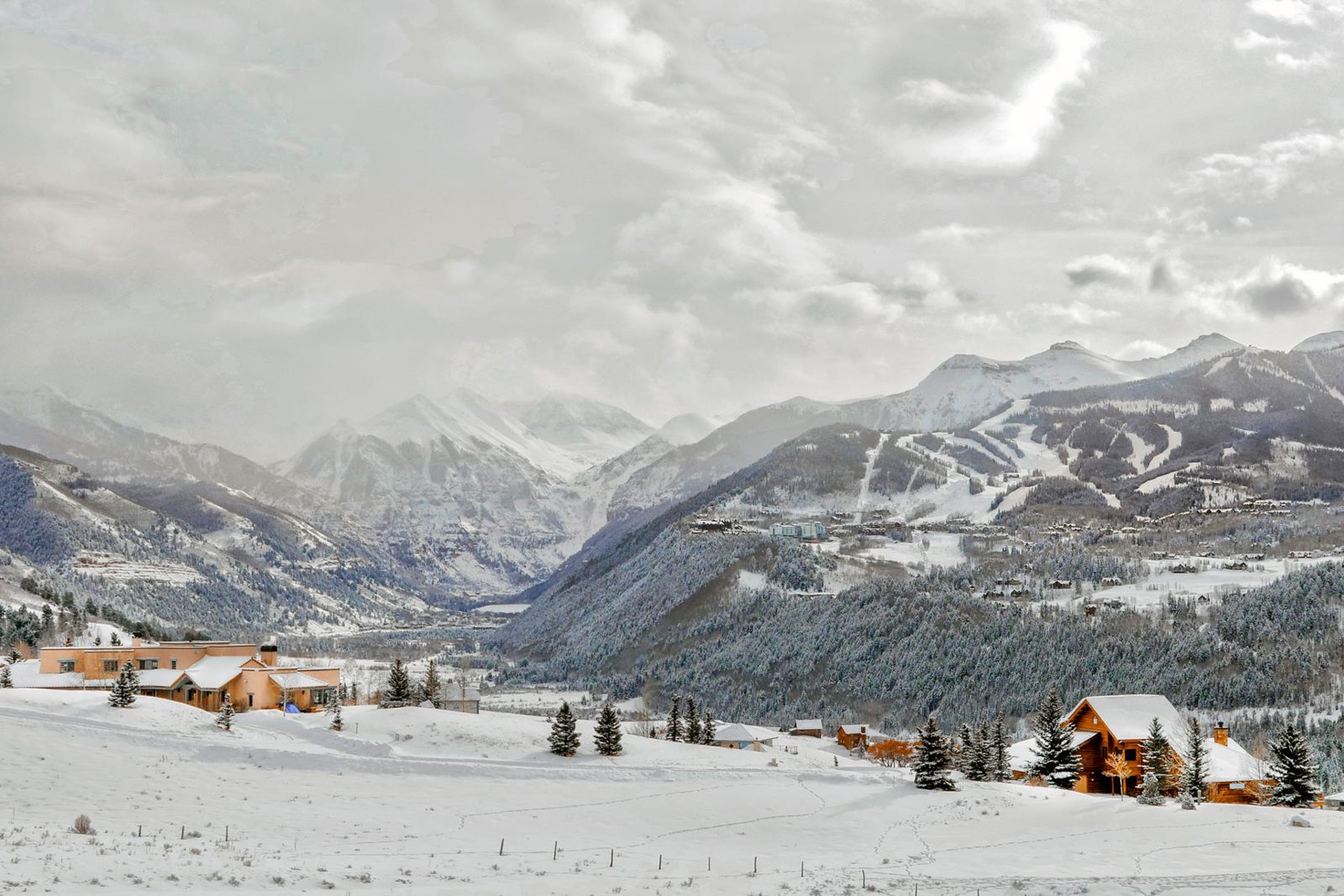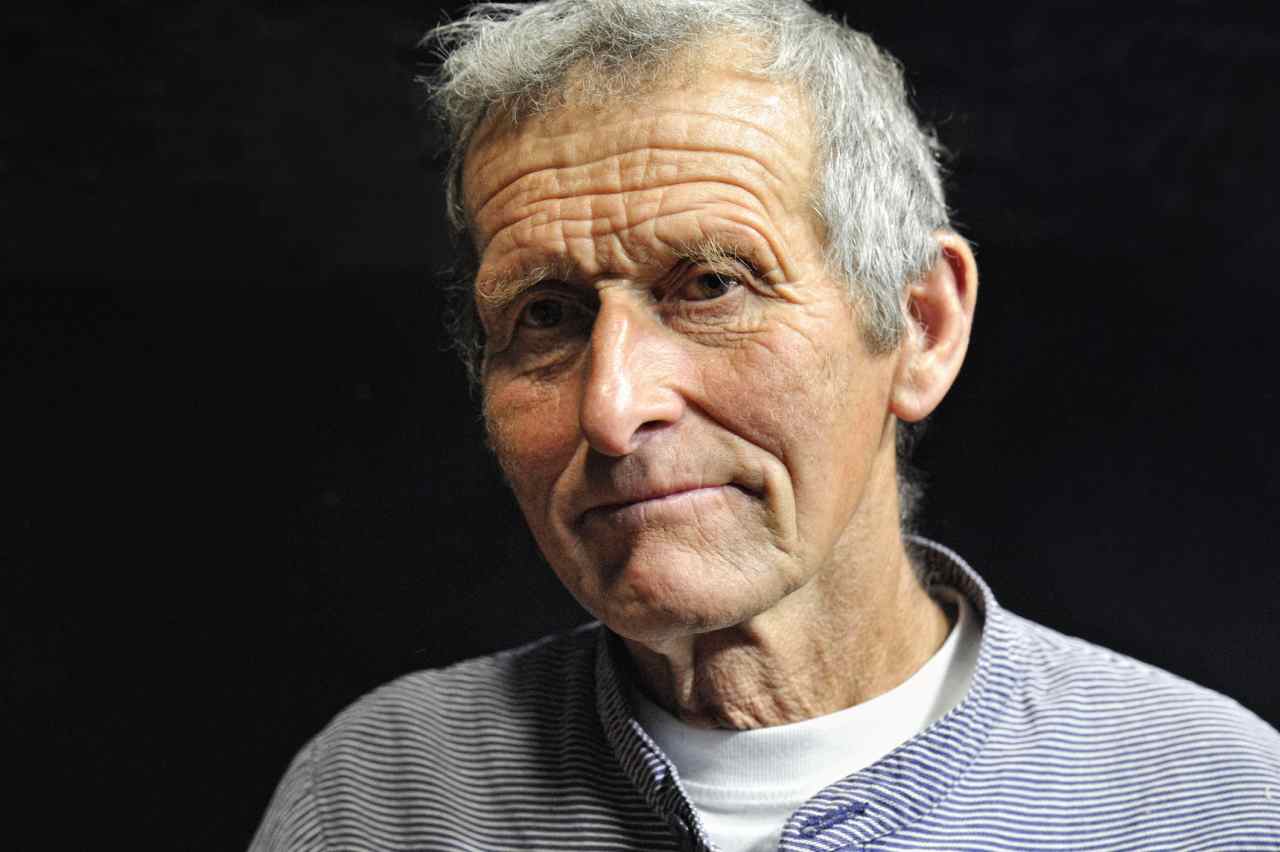The opinions expressed in this article are those of the author and do not represent in any way the editorial position of Euronews.
Back in 1993, Conservative Prime Minister John Major conjured an image of an England of the past characterised by “old maids bicycling to Holy Communion through the morning mist,” quoting George Orwell.
In that vision, the Church of England (CofE), to which the maids were cycling, is of interest primarily to the elderly and the unwed, travelling a lonely road half-hidden from view.
For an increasing majority of the population, it’s a view of the CofE that may seem to match reality, the average age of worshippers has topped 51 for the first time, while less than 15% of the population identifies with the state Church — falling to under 3% in those under 24.
Given these statistics, some might have been left wondering about the amount of press coverage of the recent meeting of the General Synod of the Church of England — the Church’s governing body — that filled all the major newspapers in the UK this past week.
But sex sells, and the CofE has been embroiled in a very public and sometimes rather nasty debate about sex, who can have it and with whom.
What the Church says about sex matters
In England, the CofE is the Established Church — meaning it’s recognised by the law as its official church.
It has 26 bishops sitting in the Upper House of Parliament, conducts over 40,000 weddings a year, and runs a quarter of all primary schools and over 200 secondary schools attended by a million children.
What it says about sex and relationships is important and impacts many lives.
Inevitably, the sort of sex and relationships being discussed are those of gay and lesbian people.
Marriage has been open to gay couples in the UK since 2014. The CofE has officially refused to acknowledge such relationships, maintaining that marriage is for one man and one woman for life.
This, while of course also permitting its clergy to remarry divorced (straight) people in the church — although that wasn’t as obvious a step as might be assumed either.
Moreover, the bishops have made it clear since 2014 that they will not employ (meaning, license) any priests who do marry a same-sex spouse, requiring all prospective clergy to agree to this refusal.
I married my husband in 2014, and was disciplined, leaving the ministry of the CofE in 2017 and cannot lead worship or take prayers in any CofE Church. My current role as a Chaplain in an Oxford college is outside the control of the local bishop.
Clergy may be in a civil partnership — possible since 2005 — but they must give assurances to their bishop that they are sexless, and that the priest and their partner do not touch each other in any way “unbecoming of a member of the clergy”.
Quite what that means has never been spelt out by the bishops in sufficient detail for gay and lesbian clergy to be entirely clear on what might be off-limits.
‘Radical, new, Christian inclusion’
However, despite episcopal disapproval, a steady tide of support for gay and lesbian relationships has been growing in the CofE for many years, and other members of the Anglican worldwide family of Churches now fully accept and celebrate same-sex marriages.
The Scottish Episcopal Church celebrated its first gay marriage in 2017, and the Church in Wales will soon follow suit.
Other denominations have also welcomed us. The Methodist Church in Britain embraced same-sex marriage in 2021, and the National Church of Scotland (Presbyterian) did so in 2022. All this resulted in a much-sharpened debate in the CofE.
Over several decades there have been any number of reports and discussion papers about same-sex relationships, many of which advocated a softening of the official stance.
But the current journey to the recent debate began only in 2017 when the then General Synod rejected a report from the bishops that sought to conclude almost three years of intense internal discussion and divisions with a conservative restatement of the traditional position.
The defeat was unexpected, and the Archbishop of Canterbury, Justin Welby, acknowledged the need for a “radical, new Christian inclusion”.
What followed was a five-year process called Living in Love and Faith which was intended to provide resources for Christian teaching and learning about identity, sexuality, relationships and marriage.
The bishops reported back, again to General Synod, on that process last Wednesday.
This time, they recommended that prayers — which may or may not be blessings but certainly don’t imply approval — should be offered to gay and lesbian relationships in Church, scrapped a much-hated document from 1991 called “Issues in Human Sexuality”.
They also apologised for the “shameful” times LGBTQ+ people have been “rejected or excluded”.
The bishops again restated the traditional position of the church on marriage and claimed that in offering prayers of blessing, they were not changing that policy.
They have, however, promised to bring in new Pastoral Guidelines governing the freedom of conscience of clergy to marry, which seems to pledge that priests such as myself will be able to serve again in the CofE, should we wish to do so.
Outcry in both camps
Needless to say, the proposals have caused a furore.
To progressives, they seem like crumbs from the table, doled out while seeking to cement the position of gay and lesbian people and our relationships as second-class in our own church.
Our marriages are defined as “civil marriage” as opposed to the gold standard of “Holy Matrimony,” which can only be formed between a man and a woman in church with a priest offering a blessing, whilst the prayers offered to us do not mention the form of relationship that a same-sex couple has entered.
Instead, they refer to “covenanted friendships,” omitting any reference to the exchange of vows and rings that form a central part of any marriage ceremony.
Many of us have questioned how the bishops can apologise for “exclusion, rejection and hostility” whilst at the same time continuing to exclude our marriages from church, rejecting their legal status and seeming to continue to be hostile to the reality of our lives.
For conservatives, of course, any whiff of prayer over what they believe to be sinful by its very nature has to be rejected.
The debate in Synod this past week included many dire warnings of the consequences of departing from the tradition of telling gay people that they are sinners and need to stop whatever it is that we get up to with each other.
After nearly 10 hours of debate and procedural manoeuvring, which included a bishop suggesting gay marriages would lead to polyamory and another member of the Synod likening Pride celebrations to paedophilia, the Synod approved the bishops’ proposals by a good majority.
The Church of England admitted there is good in gay relationships
I welcome the result. It isn’t enough, and it officially introduces a confusing and incoherent distinction between Holy Matrimony (church, straight, good) and civil marriage (town hall/stately home, gay, less than ideal).
There will be problems down the line, not least for one conservative bishop who is himself a remarried divorcee in a civil marriage and therefore not “officially” in Holy Matrimony as his fellow bishops have now defined his relationship.
But for the first time, the CofE has admitted that there is good in gay relationships — in my marriage — and said that we could come to a CofE church and have that acknowledged in prayer and celebration.
Optics matter, and there will now be services in churches that, for all intents and purposes, look like weddings of two men or two women, and some of those will be of clergy who can go on to serve as priests in the CofE.
The apology stands, and with it comes a commitment to ensure that gay families are part of their local church community and not excluded or harmed.
Some prayers and an apology are not enough
This matters, not least because “local churches are … the biggest contributor of negative views to debates about same-sex relationships in society and the media,” as a 2020 report concluded.
However, these kinds of decisions will start to change that and make it harder for conservative voices to condemn and claim to be the only voice that matters. We don’t have marriage equality yet — but we have moved, and we cannot go back.
I am a member of the Campaign for Equal Marriage in the Church of England. Our aims are clear: we want gay and lesbian couples to be able to marry in church — in marriages accepted as equal to those of their straight friends and family — and clergy to be free to do so as well.
We will not stop campaigning simply because the bishops have offered some prayers and an apology, and it is clear from the debate and the voting on it that the mood is for greater change.
It will take time, but we will get there, and one day, God willing, the statement about the Church as a source of discrimination and harm will seem as old-fashioned and irrelevant as those aged maids and their misty bikes.
Reverend Andrew Foreshew-Cain is the Chaplain of Lady Margaret Hall at Oxford and the co-founder and member of the Campaign For Equal Marriage in the Church of England.
At Euronews, we believe all views matter. Contact us at view@euronews.com to send pitches or submissions and be part of the conversation.




















Discussion about this post